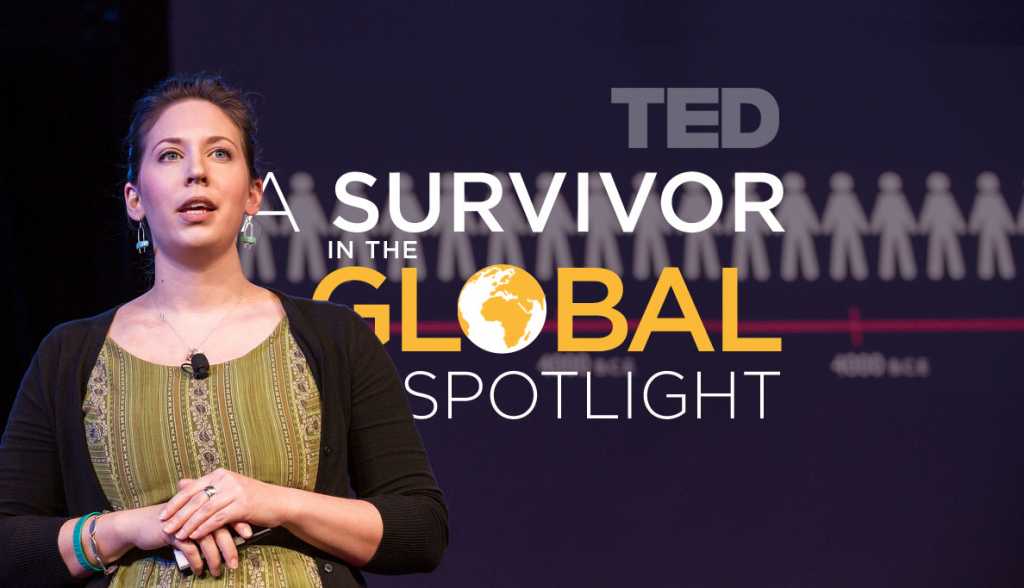Page 57 • (727 results in 0.058 seconds)
-
evidence-based care, and improvement of population health. Includes use of systems analysis, decision theory, consumer use of informatics for health care information, and consideration of ethical, regulatory, and legal issues. (2) GNUR 706 : Biostatistics, Analytical Methods, & Epidemiology Prepares students to think quantitatively and assess data critically. Examines principles of statistical inference and their application to the analysis and interpretation for answering practice questions. Students
-
willing to work with individuals and find a way to make it work,” said Daley, who earned his certification in 2016 and now teaches special education students at Mount Tahoma. He also works as an assistant football coach at PLU. Turning up for Saturday morning classes after a Friday night football game was challenging, Daley said. “It was chaos,” he said. “But I thrive in that kind of situation.” Ricky Daley FROM THEORY TO PRACTICE Jasmine Skipworth ’17 brims with confidence as she enters her second
-

find a way to make it work,” said Daley, who earned his certification in 2016 and now teaches special education students at Mount Tahoma. He also works as an assistant football coach at PLU. Turning up for Saturday morning classes after a Friday night football game was challenging, Daley said. “It was chaos,” he said. “But I thrive in that kind of situation.” Ricky Daley FROM THEORY TO PRACTICE Jasmine Skipworth ’17 brims with confidence as she enters her second year of teaching at Fruitland
-
Course Descriptions ANTH 101 : Introduction to Human Biological Diversity - NW Introduction to biological anthropology with a special focus on human evolution, the fossil evidence for human development, the role of culture in human evolution, and a comparison with the development and social life of the nonhuman primates. (4) ANTH 102 : Introduction to Human Cultural Diversity - ES, GE Introduction to social-cultural anthropology, concentrating on the exploration of the infinite variety of human
-
Studies. Within our department we teach courses that draw on other areas like medicine, business, gender studies, critical race theory and art and bring philosophy into dialogue with those areas and to facilitate critical examination of those areas. We do not see this work as an add-on to our ‘real’ work in philosophy, but rather as an expression of how we practice and engage in the work of philosophy as a discipline. This means is that we must have a clear understanding of and be firmly rooted in
-
cybernetics and general systems theory. In addition, the course considers postmodern ideas, the feminist critique of systems theory, and common factors versus evidenced based approaches. Students will learn to apply a systemic lens personally and professionally. Strategies for systemically conceptualizing therapy will be taught. (4) MFTH 504 : Contextual Foundations of Systemic Practice This course provides an introduction to contemporary family developmental theory which explores issues of power
-

it a field—now it is, but a very, very small field.” A small field, maybe—but one with potentially huge impact. “She is on the ground floor of a relatively new field that has the possibility of making all kinds of great insights into cancer in the evolution of history,” Ryan said. As Hunt and other researchers unearth more and more ancient evidence—breast cancer in 3500 B.C. Egypt, osteo-sarcoma in a T. rex femur—Hunt has formed an intriguing theory: She believes cancer is inherent in human
-
Jazz Courses at PLU History of Jazz (MUSI 103): This class is a survey of the history of jazz, from its African origins to current artists and stylistic trends. The course presents lectures, live performances, listening activities, and multi-media to nurture an appreciation and awareness of the artists and musical developments of America’s unique artistic contribution to the world. Instructor: Dr. Cassio Vianna Music Theory and Analysis IV (MUSI 236): The final semester of the Music Theory and
-
New Faculty 3320 Jennifer Rhyne wins national search for assistant professor of music and music theory position Mandi LeCompte October 31, 2016 New Faculty 332 Views Read more
-
sciences. This distinguishes the practice of professional nursing and forms the basis for clinical judgment and innovation in nursing practice. Domain 2: Person-Centered Care Descriptor: Person-centered care focuses on the individual within multiple complicated contexts, including family and/or important others. Person-centered care is holistic, individualized, just, respectful, compassionate, coordinated, evidence-based, and developmentally appropriate. Person-centered care builds on a scientific body
Do you have any feedback for us? If so, feel free to use our Feedback Form.


